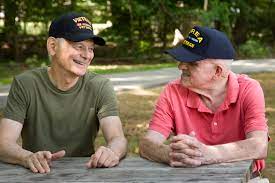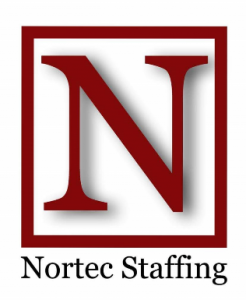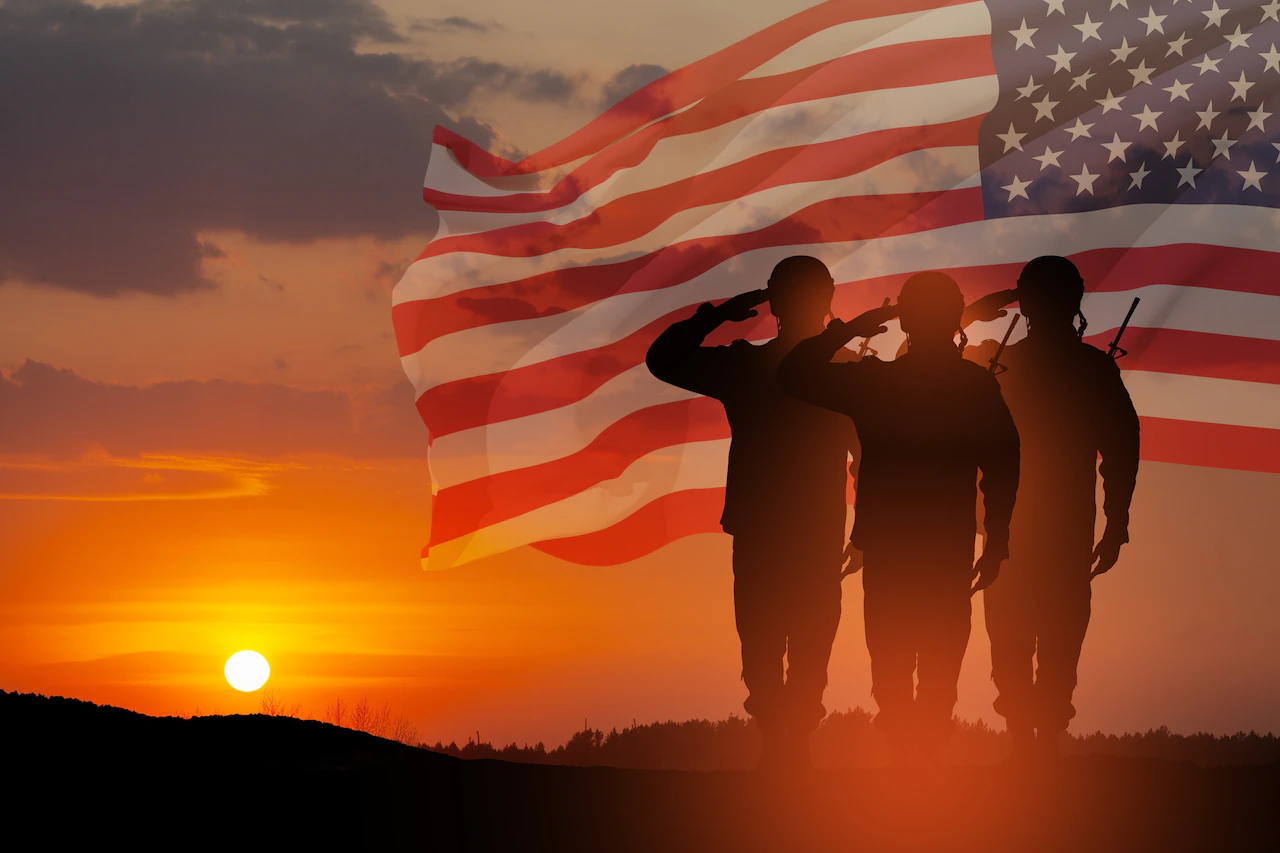Honoring Veterans | A Call for Enhanced Support in Today’s World
In an era defined by rapid technological advancements and global connectivity, the role of veterans in society remains as crucial as ever. These individuals, who have dedicated a significant portion of their lives to defending the values and freedoms we hold dear, deserve not only our gratitude but also a robust support system as they navigate the complexities of today’s world.
The contemporary landscape poses unique challenges for veterans transitioning to civilian life. The skills acquired in the military may not always seamlessly translate to the demands of the modern workforce. A Ph.D.-level examination of this issue reveals the pressing need for targeted initiatives to assist veterans in bridging this gap.
One of the primary challenges faced by veterans is the transition from a highly structured military environment to the often ambiguous and dynamic civilian job market. The disciplined mindset cultivated in the military is an asset, but without proper guidance, veterans may struggle to identify and articulate how their skills align with civilian job requirements. Recognizing this, it becomes imperative to establish comprehensive career transition programs that provide not only vocational training but also mentorship and networking opportunities.
Honoring Veterans | A Call for Enhanced Support in Today’s World

Furthermore, mental health remains a critical aspect that cannot be overlooked. The toll of military service, with its exposure to trauma and high-stress situations, can lead to long-term psychological effects. A Ph.D.-level analysis underscores the necessity of destigmatizing mental health discussions within the military and civilian spheres alike. Implementing accessible mental health resources, counseling services, and community support systems is paramount to ensuring the well-being of our veterans.
Education is another facet that demands attention. While the GI Bill has facilitated access to education for many veterans, a nuanced approach is required to address the diverse needs of this population. Tailored academic programs, vocational training, and educational support systems should be implemented to empower veterans to pursue meaningful and sustainable careers post-service.
Beyond the professional realm, housing and healthcare must be prioritized. Homelessness among veterans is a persistent issue that necessitates targeted interventions, including affordable housing initiatives and comprehensive social services. Access to quality healthcare, both physical and mental, should be guaranteed to every veteran, acknowledging the unique health challenges they may face due to their service.

As a society, it is our moral obligation to recognize the sacrifices made by our veterans and to reciprocate with unwavering support. This Ph.D.-level examination underscores the need for a holistic approach to veteran care, encompassing career transition programs, mental health initiatives, educational support, and robust social services.
In conclusion, the call to action is clear: we must elevate our commitment to veterans in today’s world. By implementing targeted strategies, breaking down societal stigmas, and fostering a culture of gratitude and support, we can ensure that our veterans not only survive but thrive in the dynamic landscape they have so valiantly defended. It is time to honor their service not just with words but with meaningful, tangible support that reflects the gratitude and respect they deserve.

